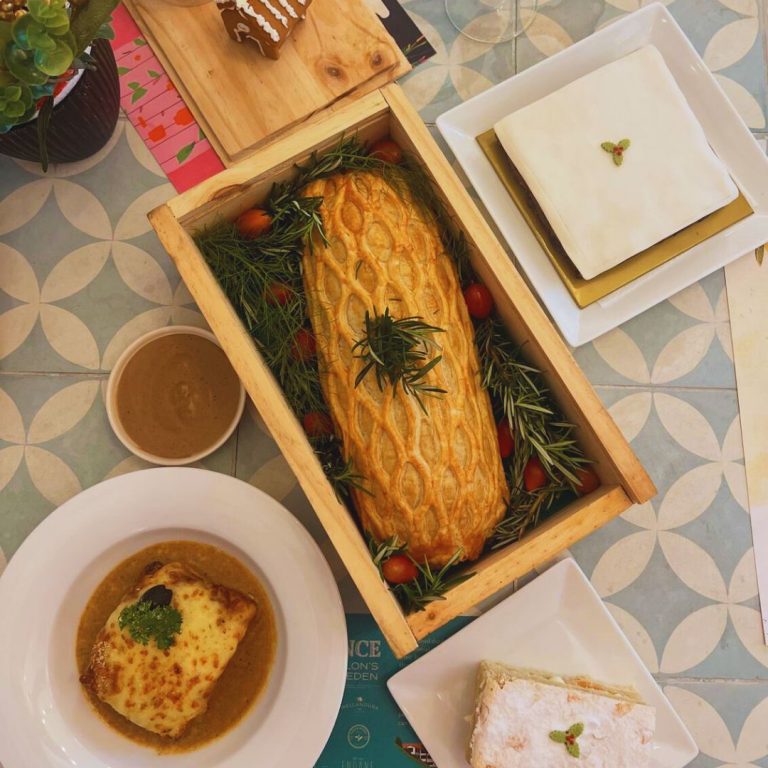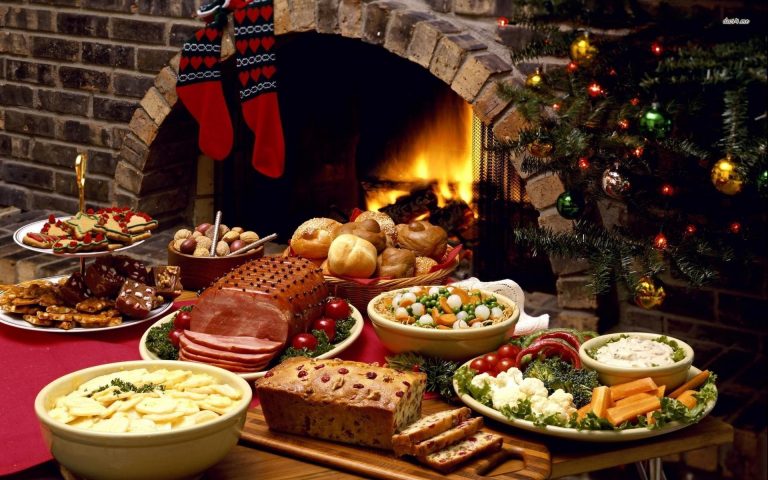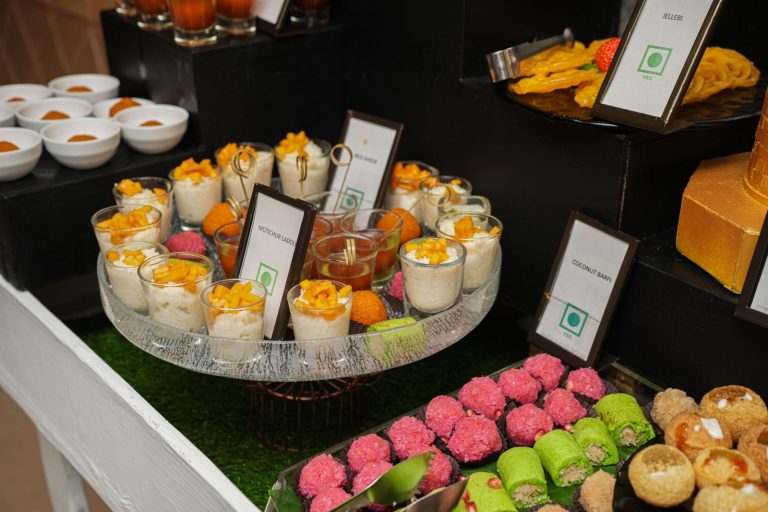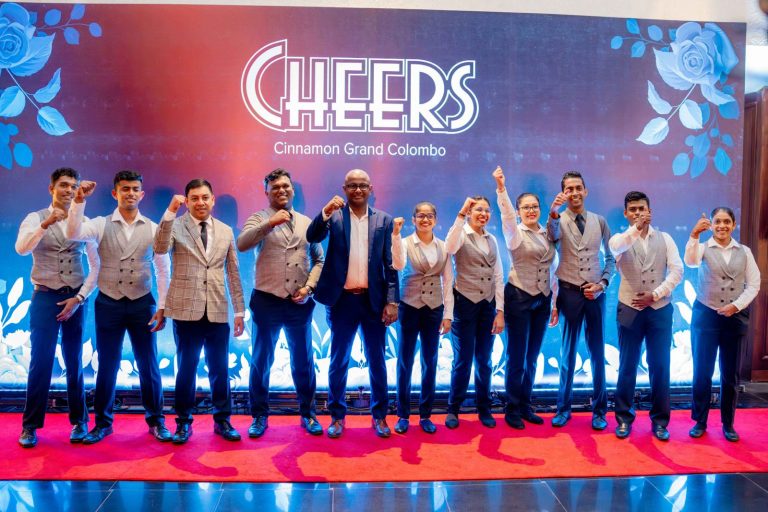Stakeholders come together to promote ‘Ceylon Coffee’ at first-ever Sri Lanka Coffee Festival
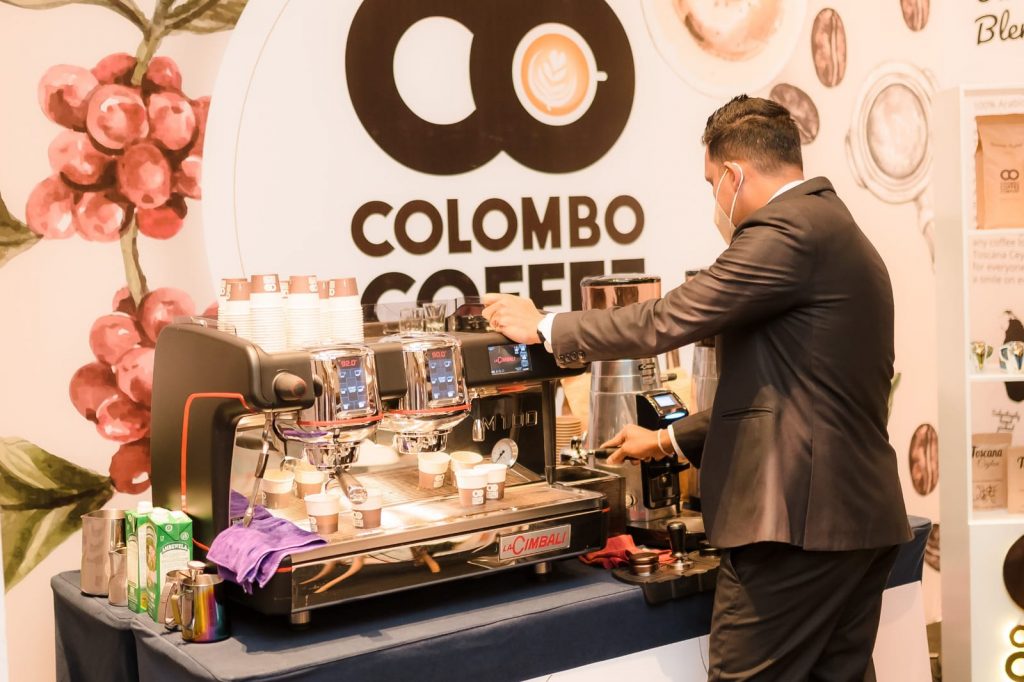
The Australian Government-funded Market Development Facility (MDF), in partnership with the Sri Lankan coffee industry, brought together over 100 representatives from Sri Lanka’s coffee sector for the first-ever ‘Sri Lanka Coffee Festival.’
The festival, a celebration of Sri Lanka’s home-grown speciality coffee and re-emerging coffee culture, highlighted Australia’s ongoing support to the sector. The spotlight was turned on the diverse stakeholders in the local coffee value chain, providing a valuable networking opportunity for the government and private sector to discuss the future of Sri Lankan coffee.
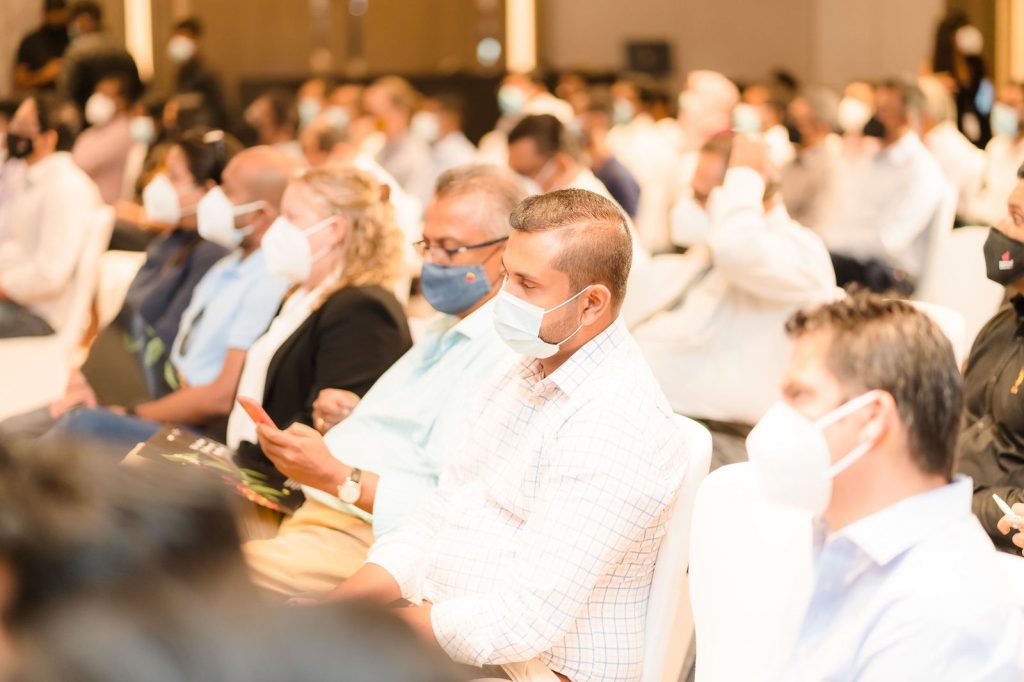
The event included government and private sector panel discussions, presentations from international coffee experts, and a coffee expo showcasing local specialty coffee brands. A screening of an MDF-Roar Media documentary on Sri Lankan specialty coffee and launch of MDF’s report ‘Arabica Coffee Value Chain Analysis’ were also part of the event.
The global specialty coffee market provides enormous opportunities for coffee producers, with the market estimated to grow from USD 35 billion in 2018 to over USD 80 billion by 2025. In line with this increasing demand, Sri Lanka’s coffee exports have increased in recent years, growing 84 per cent between 2017 and 2019. The coffee industry has seen increased investment from the private sector and an uptick in demand for locally grown coffee in Sri Lankan hotels, restaurants and cafes.
Australia’s support for Sri Lanka’s specialty coffee sector is delivered through MDF, the Australian Government’s flagship private sector development initiative.
The Australian High Commissioner to Sri Lanka, H.E. David Holly, while in attendance at the event, noted “A more robust coffee sector will provide further export opportunities for Sri Lanka and benefit rural coffee farmers and farming communities by improving their livelihoods. Australia is proud to be actively partnering to strengthen the specialty coffee segment in Sri Lanka.”
Nearly 80 per cent of Sri Lanka’s specialty coffee is produced by smallholder farmers who are mostly female.
“Sri Lanka has enormous potential to scale up our efforts in promoting ‘Ceylon Coffee’ to local and international markets, through the private sector. Like Ceylon Tea, coffee has the potential to be a brand ambassador for Sri Lanka. Our goal is for all stakeholders to work together in a strategic manner, to elevate the Sri Lankan coffee industry,” said Rinosh Nasar, Chairperson of the Lanka Coffee Association.
Global trends show that international coffee buyers are increasingly keen to buy smallholder-sourced and sustainably produced specialty coffee, where the benefits of their purchase trickle down the value chain to smallholder farmers and rural communities.
Matt Graylee, Director of Raw Material, a global green coffee social enterprise said at the event, “The growing international market for specialty coffee represents a huge opportunity for smallholder producers of Sri Lanka. These modern consumers are willing to pay for higher quality and want to know that they are benefiting local farmers, including the many women who grow coffee in their backyards.”
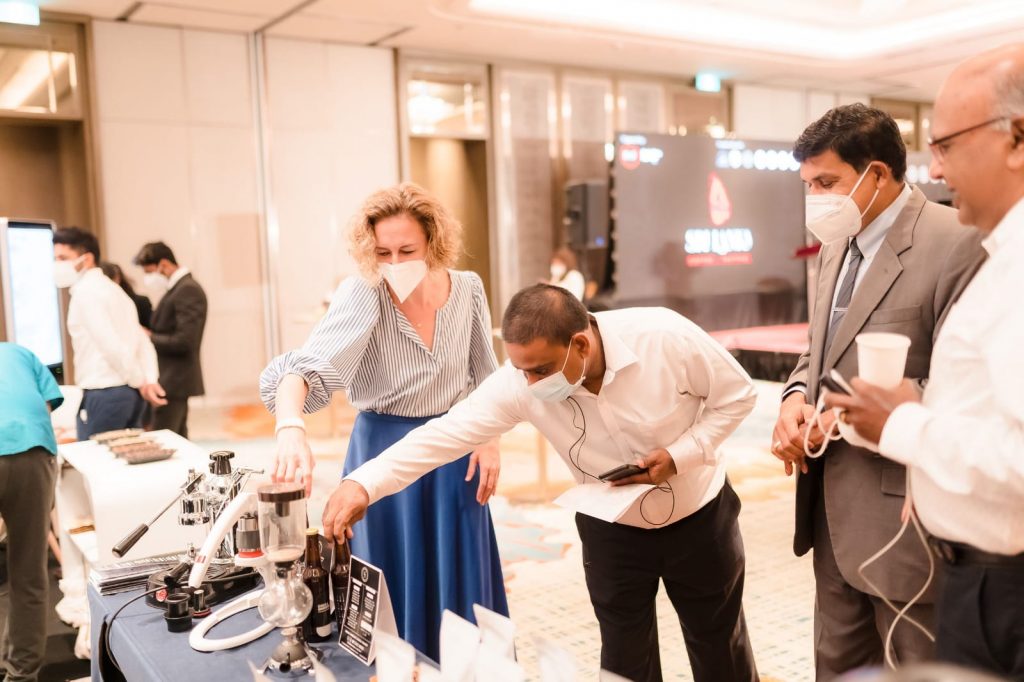
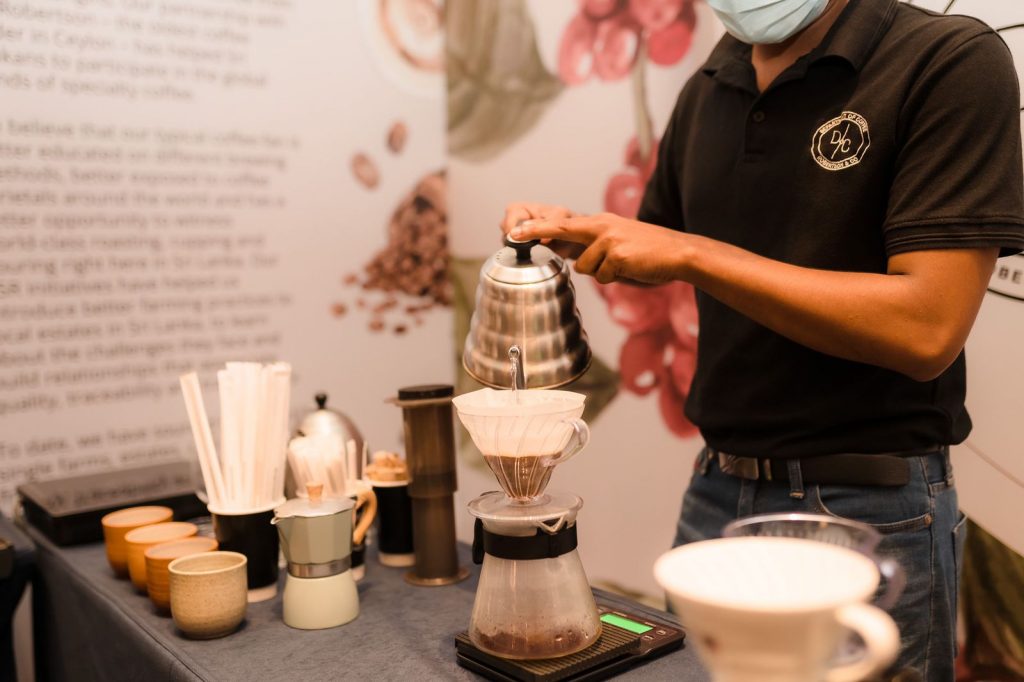
The festival was attended by the Australian High Commissioner to Sri Lanka, H.E. David Holly; Secretary to the Ministry of Tourism, Mr. S. Hettiarachchi; representatives of the Export Development Board, Department of Export Agriculture and Sri Lanka Customs; and private sector stakeholders in the coffee value chain, including planters, roasters and buyers, as well as hotels, restaurants and cafes selling local specialty coffee.


